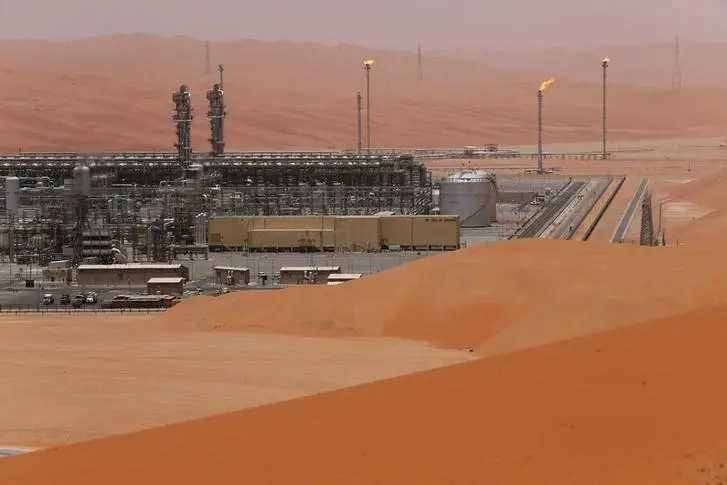PHOTO
The Institute of International Finance (IIF), a global financial industry body has projected a decline in hydrocarbon revenue of GCC states from $326 billion in 2019 to $200 billion in 2020.
IIF expects the aggregated fiscal deficit to widen from 2.5 percent in 2019 to 10.3 percent of GDP in 2020, equivalent to $144 billion, assuming an average Brent oil price of $40 per barrel.
Saudi Arabia, Kuwait, Qatar, and the UAE, with large public foreign assets, are better placed to accommodate large deficits than Bahrain and Oman. According to the IIF, Bahrain can count on financial aid from its neighbors as a cushion against external pressure, Oman is emerging as an increasingly vulnerable spot in the region in light of its mounting debt.
"Lower hydrocarbon exports will also weigh on the current account, which we expect to shift from a surplus of $88 billion in 2019 to a deficit of $33 billion in 2020 despite the projected 15 percent fall in imports. Capital outflows will continue to exceed nonresident capital inflows. As a result, consolidated GCC official reserves will fall by $133 billion in 2020," the IIF said.
Saudi Arabia’s reserves, while declining by $52 billion, will remain sizeable at $448 billion by end-2020, equivalent to 29 months of imports of goods and services.
(Writing by Seban Scaria, editing by Anoop Menon)
#Hydrocarbon #GCC #IIF #Economy #Saudi #UAE
Disclaimer: This article is provided for informational purposes only. The content does not provide tax, legal or investment advice or opinion regarding the suitability, value or profitability of any particular security, portfolio or investment strategy. Read our full disclaimer policy here
© ZAWYA 2020





















